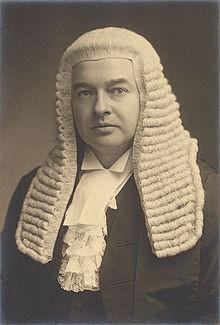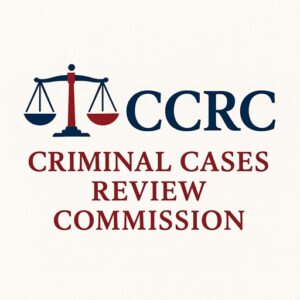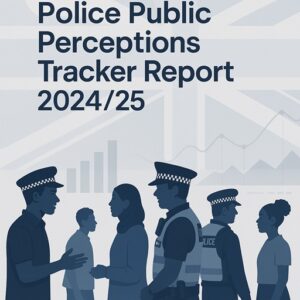“It is not merely of some importance but is of fundamental importance that justice should not only be done, but should manifestly and undoubtedly be seen to be done”
Lord Hewart
In the case of R v Sussex Justices, Ex parte McCarthy [1924] 1 KB 256, Mr. McCarthy was convicted of dangerous driving by two justices of the peace sitting in petty sessions.
It later emerged that one of the justices had a personal interest in the outcome of the case, as he was the chairman of the local road transport committee and was therefore responsible for road safety in the area.
This raised concerns of bias, as the justice’s involvement in road safety could have influenced his decision-making in the case.
Mr. McCarthy sought to have his conviction quashed on the grounds of bias, and the case eventually reached the King’s Bench Division of the High Court of Justice.
In his judgment made almost 100 years ago, Lord Chief Justice Hewart established the principle that
“It is not merely of some importance, but is of fundamental importance that justice should not only be done, but should manifestly and undoubtedly be seen to be done.“
Lord Hewart
This principle became known as the rule against bias, and it established that justice must not only be impartial, but must also be seen to be impartial.
In other words, a decision-maker must be free from any personal interest or bias that could affect their judgment, and the appearance of impartiality is just as important as the reality of impartiality.
“Nothing is to be done that creates even a suspicion that there has been an improper interference with the course of justice.“
Lord Hewart
The significance of the Rex (The King) v Sussex Justices case lies in its establishment of the principle of natural justice and the rule against bias.
The case set an important precedent for future cases, and it remains a cornerstone of the UK legal system to this day.
The case also highlighted the importance of procedural fairness and transparency in the legal system, which ensures that justice is not only done, but is also seen to be done.
COMMON LAWS OF ENGLAND – THE KING v. SUSSEX JUSTICES Ex parte McCARTHY
November 9 1923 [1924] – KINGS BENCH DIVISION
Justices – Possibility of Bias – Justices’ Clerk interested professionally in Civil Proceedings arising out of Subject Matter of Complaint.
Arising out of a collision between a motor vehicle belonging to the applicant and one belonging to W., a summons was taken out by the police against the applicant for having driven his motor vehicle in a manner dangerous to the public. At the hearing of the summons the acting clerk to the justices was a member of the firm of solicitors who were acting for W. in a claim for damages against the applicant for injuries received in the collision. At the conclusion of the evidence the justices retired to consider their decision, the acting clerk retiring with them in case they should desire to be advised on any point of law. The justices convicted the applicant, and it was stated on affidavit that they came to that conclusion without consulting the acting clerk, who in fact abstained from referring to the case:-
Held: the the conviction must be quashed, as it was improper for the acting clerk, having regard to his firm’s relation to the case, to be present with the justices when they were considering their decision.
RULE NISI for a writ of certiorari to bring up, for the purpose of being quashed, a conviction of McCarthy, the applicant for the rule, for having driven a motor car on a certain highway in a manner which was dangerous to the public, having regard to all the circumstances of the case.
On August 22, 1923, a collision took place between a motor cycle driven by the applicant and a motor cycle and side-car driven by one Whitworth, and it was alleged that the latter and his wife sustained injuries in the collision. In respect of those injuries Messrs. Langham, Son & Douglas, solicitors, Hastings, by a letter dated August 28, 1923, made a claim on behalf of Whitworth against the applicant for damages, and the police, after making inquiries into the circumstances of the collision, applied for and obtained a summons against the applicant for driving his motor cycle in a manner dangerous to the public.
At the hearing of that summons on September 22, 1923, the applicant’s solicitor, who stated in his affidavit that he had no knowledge of the officials of the court, inquired whether Mr. F. G. Langham, the clerk to the justices and a member of the said firm of Langham, Son & Douglas, was then sitting as a clerk, and was informed that he was not, but had been appointed a deputy for that day.
The case was then heard, and at the conclusion of the evidence the justices retired to consider their decision, the deputy clerk retiring with them. When the justices returned into the court they intimated that they had decided to convict the applicant, and they imposed a fine of 10 shillings and costs.
Thereupon the applicant’s solicitor brought to the notice of the justices the fact, of which he said he had only become aware when the justices retired, that the deputy clerk was a brother of Mr. F, G. Langham, Son & Douglas, and so was interested as solicitor for Whitworth in the civil proceedings arising out of the collision in respect of which they had convicted the applicant.
The solicitor in his affidavit stated that had he known the above facts he would have taken the objection before the case began. This rule was thereafter obtained on the ground that it was irregular for the deputy clerk in the circumstances to retire with the justices when considering their decision.
In their affidavit the justices stated that the clerk to the justices, Mr F. G. Langham, was on holiday at the date of the hearing and had no knowledge of the proceeding, that in his absence his brother and partner Mr F. G. Langham acted as his deputy, that no formal objection was taken to the latter acting, that at the conclusion of the evidence the justices retired, the deputy clerk retiring with them in the usual way, taking with him the notes of the evidence in case they should be required, or in case the justices should desire to be advised upon any point of law, that in fact the justices came to their decision to convict the applicant without consulting the deputy clerk, who scrupulously abstained from referring to the case, and that the justices were not in any way biased by the fact that a member of the deputy clerk’s firm had written the said letter before action.
The justices added that it appeared to them that the applicant’s solicitor must have had knowledge of the deputy clerk’s connection with the firm of Langham, Son & Douglas, and that he waived any formal objection; and that is a formal objection has been taken at the commencement of the proceedings the justices would have followed their usual course in such circumstances by adjourning the hearing and requesting the clerk to arrange with one of his colleagues from a neighbouring division to act at the adjourned hearing.
Russell Davies for the justices showed cause. However undesirable it may have been in the circumstances for the deputy clerk to retire with the justices when they were considering their decision, the fact that he did so does not invalidate the conviction, seeing that he took no part in the justices’ deliberations.
[LORD HEWART C.J. In a recent unreported case,* this Court quashed a conviction where the chief constable, who was then prosecuting, retired with the justices]
There it was not the duty of the chief constable to retire with the justices; here it was the duty of the deputy clerk to do so in case the justices should desire to consult him upon any point of law. If, however, there was any irregularity in the proceedings, the applicant, through his solicitor; must be taken to have waived it.
*[He referred to Regina v Brakenridge (1) (1884) 48 J.P. 203]
W. T. Moncton for the superintendent of police, who had been served with the rule. H. D. Samuels in support of the rule was not called upon.
LORD HEWART C.J. stated the grounds of the rule and continued: It is clear that the deputy clerk was a member of the firm of solicitors engaged in the conduct of the proceedings for damages against the applicant in respect of the same collision as that which gave rise to the charge that the justices were considering. It is said, and, no doubt, truly, that when the gentleman retired in the usual way with the justices, taking with him the notes of the evidence in case the justices might desire to consult him, the justices came to a conclusion without consulting him, and that he scrupulously abstained from referring to the case in any way.
But while that is so, a long line of cases shows that it is not merely of some importance but is of fundamental importance that justice should not only be done, but should manifestly and undoubtedly be seen to be done.
The question therefore is not whether in this case the deputy clerk made an observation of offered any criticism where he might not properly have made or offered; the question is whether he was so related to the case in its civil aspect as to be unfit to act as clerk to the justices in the criminal matter.
The answer to that question depends not upon what actually was done but upon what might appear to be done. Nothing is to be done that creates even a suspicion that there has been an improper interference with the course of justice.
Speaking for myself, I accept that statements contained in the justices’ affidavit, but they show very clearly that the deputy clerk was connected with the case in a capacity which made it right that he should scrupulously abstain from referring to the matter in any way, although he retired with the justices; in other words, his one position was such that he could not, if he had been required to do so, discharge the duties which his other position involved. His twofold position was a manifest contradiction.
In those circumstances I am satisfied that this conviction must be quashed, unless it can be shown that the applicant or his solicitor was aware of the point that might be taken, refrained from taking it, and took his chance of an acquittal on the facts, and then, on a conviction being recorded, decided to take the point. On the facts I am satisfied that being no waiver of the irregularity, and, that being so, the rule must be made absolute and the conviction quashed.
LUSH J. I agree. It must be clearly understood that if justices allow their clerk to be present at their consultation when either he of his firm is professionally engaged in those proceedings or in other proceedings involving the same subject matter, it is irrelevant to inquire whether the clerk did or did not give advice and influence the justices.
What is objectionable is his presence at the consultation, when he is in a position necessarily make in impossible for him to give absolutely impartial advice. I have no doubt that these justices did not intend to do anything irregular or wrong, but they have placed themselves in an impossible position by allowing the clerk in those circumstances to retire with them into their consultation room. The result, there being no waiver, is that the conviction must be quashed.
SANKEY J. I agree.
Rule absolute; conviction quashed.
Solicitors for the applicant: W. C. Crocker
Solicitors for justices: Pettitt & Ramsey, for Langham Son & Douglas, Hastings.
Solicitors for police superintendent: Taylor, Willcocks & Co., for Lawson Lewis, Eastbourne.
J.S.H.
Check out our articles on Justice System, Open Justice, Rule of Law, Litigants in Person, Reasonable Person Test, McKenzie Friend, What is Bail ?, Do you Have to Bow to a Judge ?, Can you Email a Judge ?, Can you Criticise a Judge ? and the highly dubious Sussex Family Justice Board.


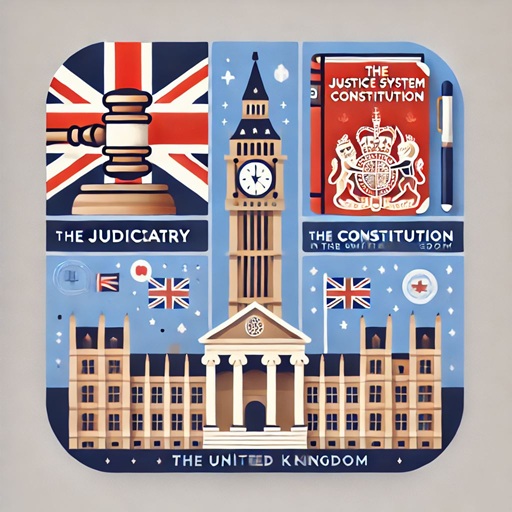
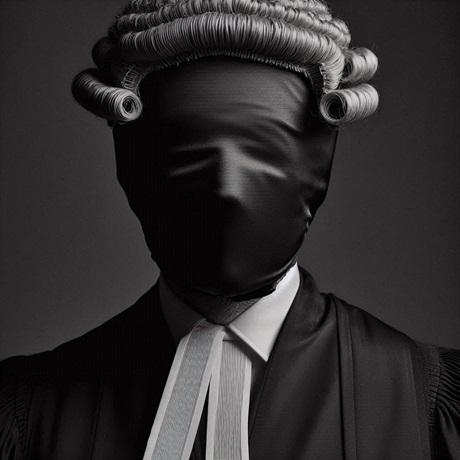
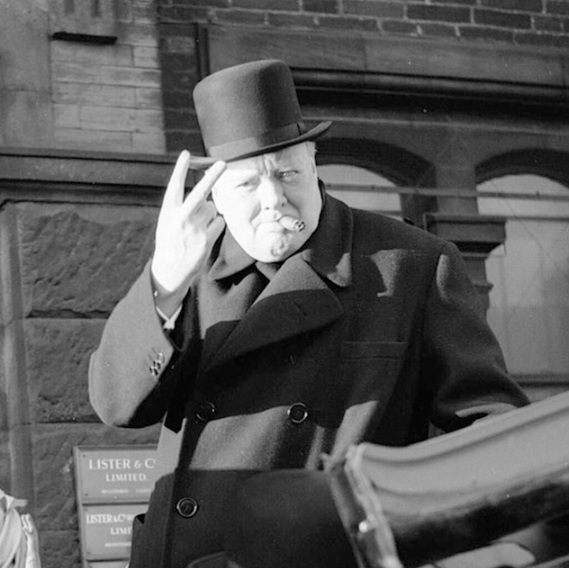
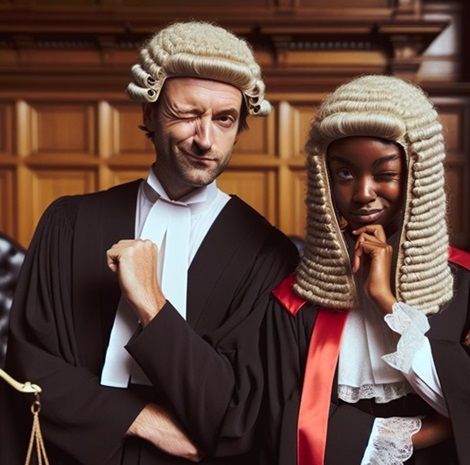
The Ministry of Injustice is not the Ministry of Justice nor is it affiliated in any way with the justice system, legal profession or any law enforcement agencies.
Most Popular ↓


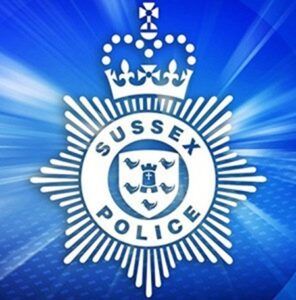

What is Policing by Consent ? What is Two Tier Policing ?
Latest Articles ↓
- What is the Forensic Science Regulator ?Forensic science is a cornerstone of modern criminal justice, providing critical evidence that can make or break a case. However, the reliability and accuracy of… Read more: What is the Forensic Science Regulator ?
- What is the Criminal Cases Review Commission ?The Criminal Cases Review Commission (CCRC) stands as a vital institution within the criminal justice system, dedicated to investigating potential miscarriages of justice. Established in… Read more: What is the Criminal Cases Review Commission ?
- Did Bobby Vylan and the BBC break the law at Glastonbury 2025 ?The performance by Bob Vylan at Glastonbury 2025, where frontman Bobby Vylan (reportedly Pascal Robinson-Foster) led chants of “death, death to the IDF” and “from… Read more: Did Bobby Vylan and the BBC break the law at Glastonbury 2025 ?
- Police Public Confidence and EngagementThe Independent Office for Police Conduct (IOPC) undertake regular surveys to assess the public’s perceptions of the police, as well as their confidence in the… Read more: Police Public Confidence and Engagement
All Articles can be found in the Legal Blog or Sitemap.
You should always seek formal legal advice from a qualified and reputable lawyer (solicitor or barrister).
‘Justice delayed is justice denied’
William Ewart Gladstone
There are a number of links to Free and Paid For Legal Resources and Legal Organisations on the Free Legal Advice , Legal Aid and Pro Bono pages.
R v Sussex Justices was last updated on the 5th July 2025
